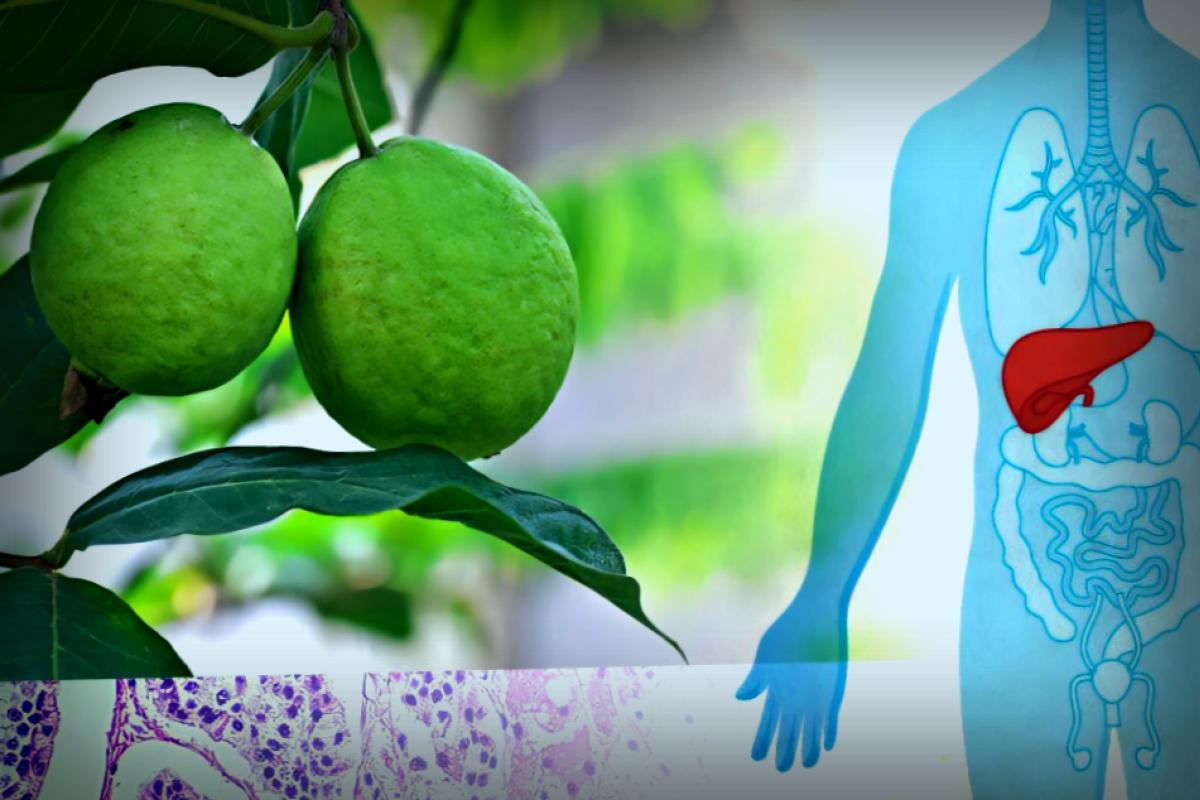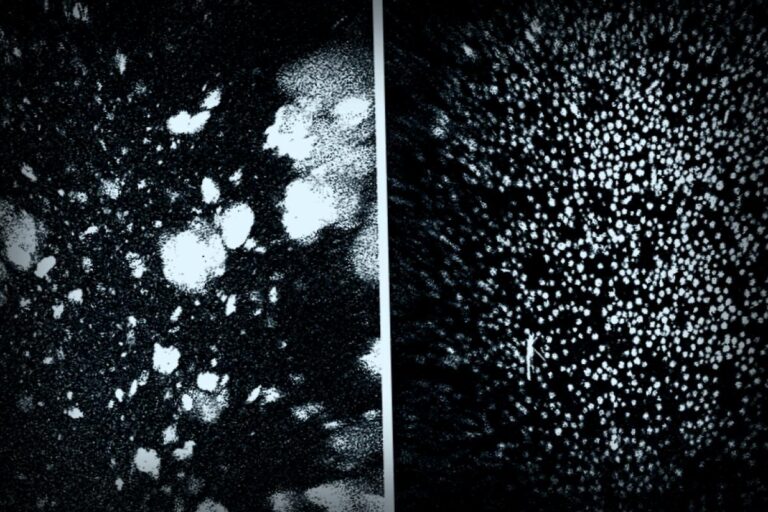It might surprise you, but a lot of the medicines we use today have their roots in nature. Take willow bark, for instance. It’s like nature’s version of aspirin because it has this compound called salicin, which our bodies convert into salicylic acid. This acid helps relieve pain and manage fevers.
Recently, some curious minds at the University of Delaware have made a big splash in cancer research. William Chain, an associate professor in the Department of Chemistry and Biochemistry, along with his team, has found a way to utilize a molecule from guava plants to step up the fight against liver-related cancers. These types of cancer are among the leading causes of cancer deaths around the globe.
Through a technique known as natural product total synthesis, Chain and his colleagues have crafted a method that uses common chemicals to produce compounds found in guavas. These compounds are believed to help combat these aggressive cancers. If you want to dive deeper, you can check out the published work in Angewandte Chemiehere.
This research is pretty exciting as it lays out a straightforward, cost-effective way for scientists globally to generate these naturally occurring compounds, paving the way for potentially more affordable and effective cancer treatments.
As Chain aptly puts it, “Most of the medicines approved for use are derived from natural products or inspired by them. But due to limited natural sources, we often can’t produce enough treatments. Now, chemists can just follow our ‘recipe’ and whip it up on their own.”
The possibilities for collaboration are immense, as scientists across the globe can take this newfound knowledge and run with it.
“We’ve laid the groundwork, but there’s so much more to explore. Others can trailblaze their shortcuts, but we believe we’ve illuminated a critical path. That’s the exciting part!” says Liam O’Grady, a doctoral student in Chain’s lab and one of the leading researchers on this study.
The timing couldn’t be more critical. Recent years have seen a staggering increase in liver and bile duct cancer cases. In fact, it’s estimated that one in every 125 men and women worldwide will receive a hepatocellular cancer diagnosis in their lifetime.
In the U.S., liver cancer treatments are costing billions and the current statistics aren’t promising – less than 15% of patients with late-stage liver cancers survive five years. By 2025, we’re looking at over 42,000 new diagnoses, with many not making it.
The team is now joining forces with the National Cancer Institute to take this research further, exploring whether the guava molecule can also tackle other cancer types.
Further insights: Liam P. O’Grady et al, Enantioselective Total Synthesis of ( ) Psiguadial A, Angewandte Chemie (2025). DOI: 10.1002/ange.202506537
Source: University of Delaware
This article was first seen on Phys.org.




















